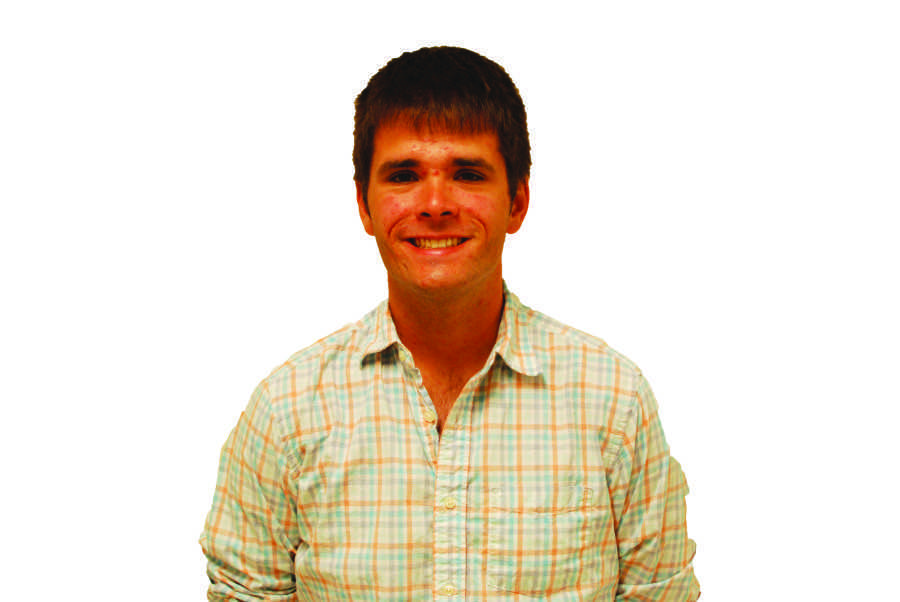Niccolo Machiavelli once stated that there is nothing more difficult to achieve than fundamental change, since “the reformer has enemies in all those who profit by the old order,” while his supporters are defined by a “lukewarmness arising … from the incredulity of mankind, who do not truly believe in anything new until they have had actual experience of it.”
The aptness of this centuries old assertion has never been clearer than it is today in the wake of the debate over the Patient Protection and Affordable Care Act: The American people, who stand to gain from health care reform, have been at best “lukewarm” in their support of change, while those who stand to lose from it — insurance companies and, most disturbingly, those who are seemingly defined by a pathological hatred for President Obama — have waged aggressive campaigns to block the president’s drive for reform, or at least make it the object of public scorn.
The opponents of change have failed to accomplish the former, but not, it seems, the latter.
They have convinced the American people that our health care system — a system that has cheated thousands out of the care for which they paid, left millions uninsured, and given the average American a life expectancy lower than that of the citizens of any other G7 nation — is a fundamental part of the American identity.
Consequently, we hear many ill-informed assertions from many of those who oppose health care reform, that Obama is a socialist, a communist, a fascist or, mind-bogglingly enough, all of the above.
We see a reaction that’s intense and visceral, as though someone were trying to deprive people of their fundamental liberties. This confounds my understanding. Why defend a system that is so obviously broken? Why be so fiercely loyal to corporations whose most salient goal seems to be to not provide to us the service for which we have paid?
Most of all, I fail to understand how Americans can have such an aversion to helping our fellow citizens through publicly funded health care. Is that not the moral, civilized way to act?
To help our fellow man is something that is not only essentially American, but also essentially human, and any system that opposes this ideal is truly dehumanizing. Thus, in my opinion, the only flaw of the Patient Protection and Affordable Care Act is that it does not go far enough.
I believe that the most effective solution to America’s health care woes is a single-payer system, which will eliminate that destructive greed that has so corrupted our health care system.
Nonetheless, this recently passed reform — which will, among other things, prevent policy-holders from being dropped when they become ill and preclude discrimination against those with pre-existing conditions — is a profound step in the right direction, and can serve as a foundation upon which more can be built.
We Americans already enjoy the best health care in the world. Someday we will, hopefully, have the best health care system.
Rakesh Mittal is a junior in the College of Arts & Sciences.


